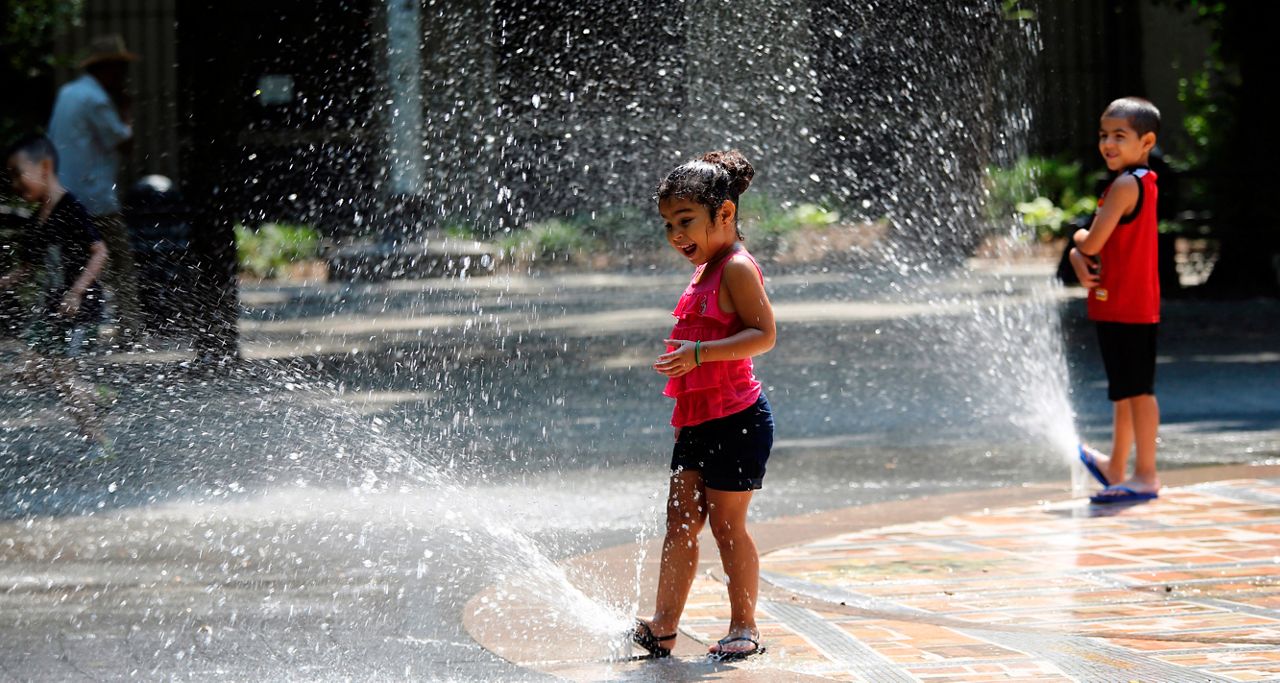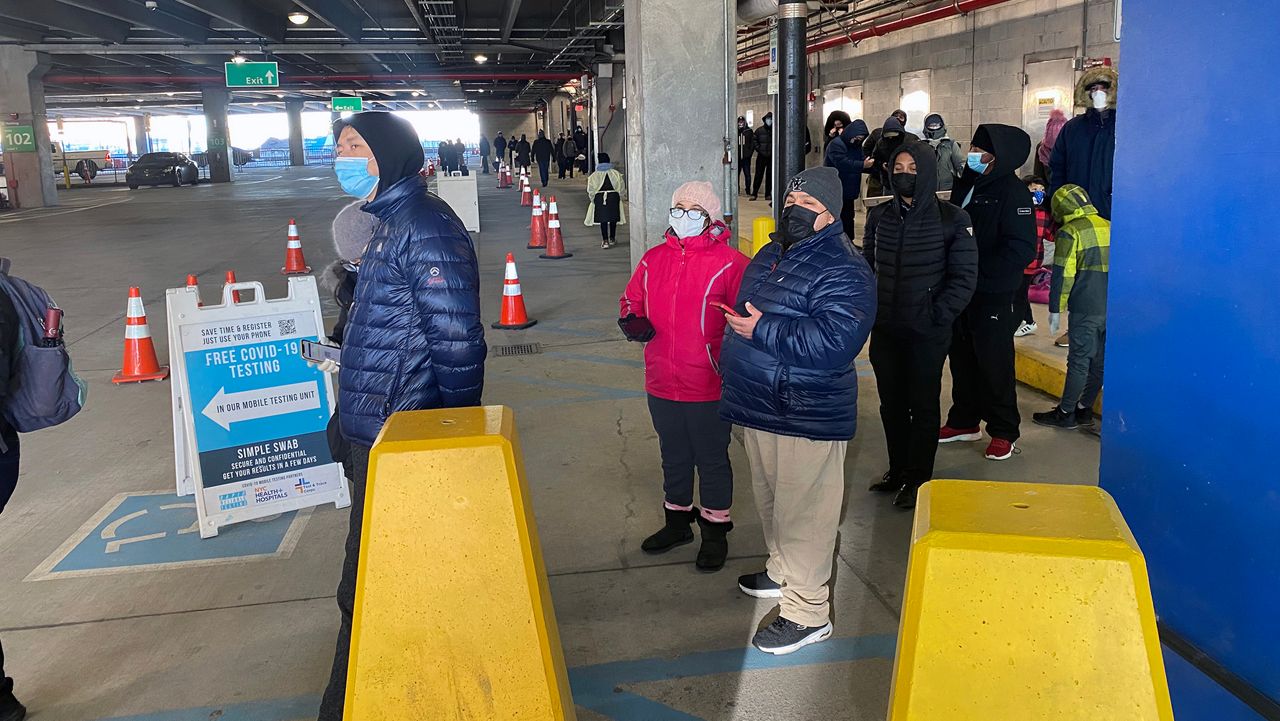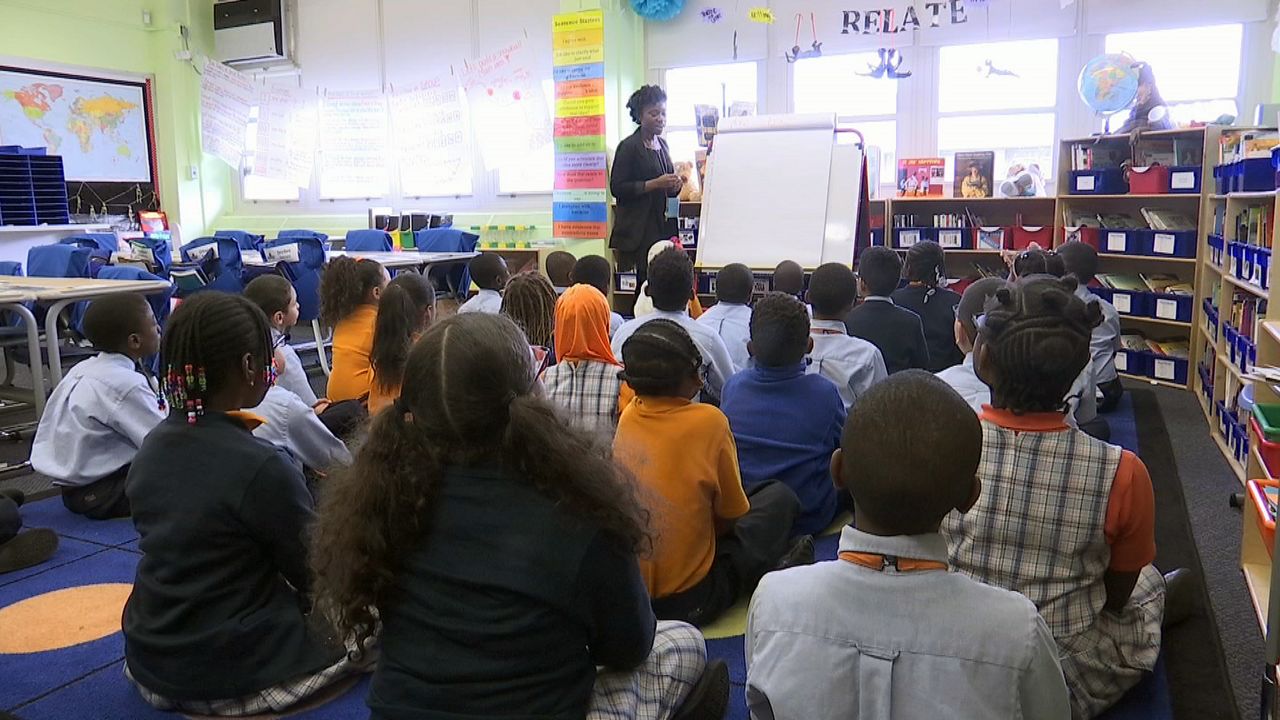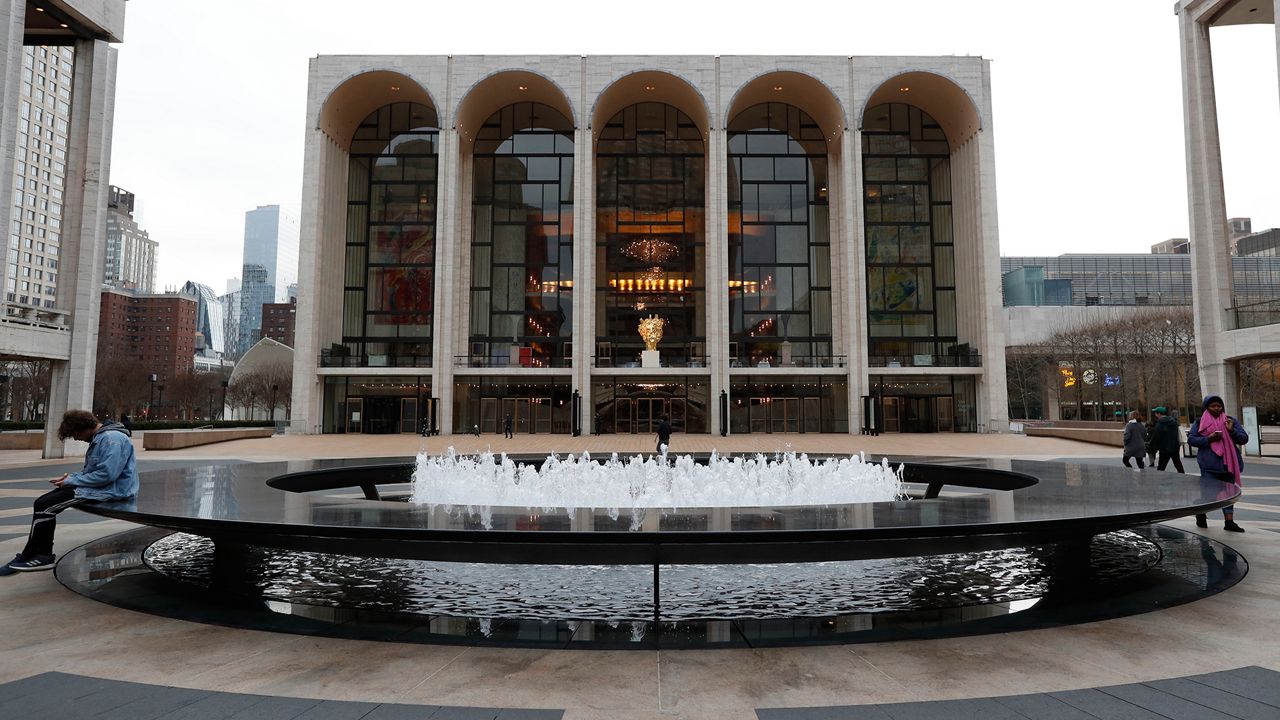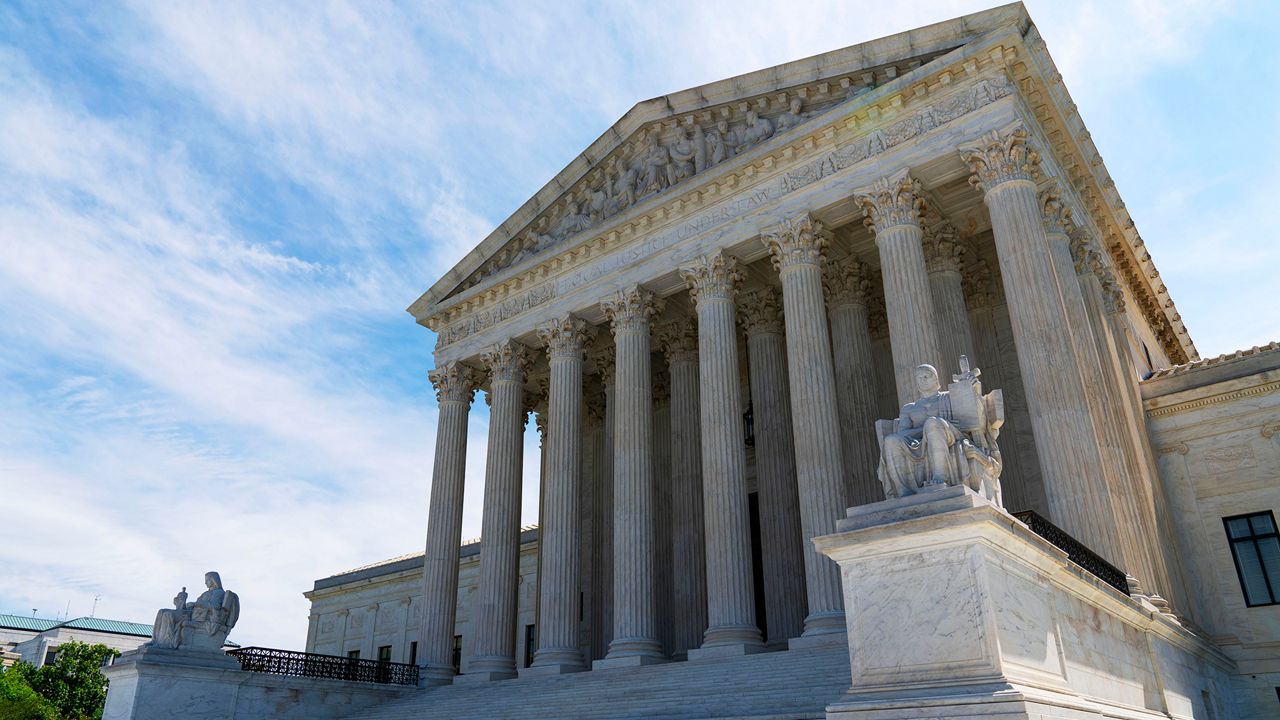NEW YORK — New York City cooling centers will open to cope with a summer predicted to be especially hot, despite concerns that air conditioning could contribute to the spread of novel coronavirus, Mayor Bill de Blasio announced Thursday.
“It is going to be a hot summer and that is going to come with its own host of challenges,” de Blasio said. “Our job, of course, is to keep New Yorkers cool, keep New Yorkers safe.”
New York City will open 145 cooling centers — free-to-use, indoor, air conditioned spaces — as well as 130 misting locations, 650 spray showers in parks, 300 hydrants and 14 cool streets, the mayor said.
The role air conditioning plays in the spread of COVID-19 remains unclear, but a recent Harvard University report suggesting it could contribute to spiking numbers in the south.
This is why cooling center capacity will be limited and occupants will be asked to wear facial coverings and stay six feet apart inside, officials said.
“We’re concerned about any situations when people are indoors,” said Health Advisor Dr. Jay Varma.
The centers open as a part of the city’s “Cool It NYC” campaign to protect New Yorkers from extreme heat which was announced in May.
The announcement comes as New York City enters into a period of summer the Old Farmer's Almanac predicted in May would be hotter and rainer than normal, especially from mid-July to mid-August.
About 34,000 of a promised 74,000 air conditioners have been distributed to low income seniors who face greater risk of contracting COVID-19 in public settings, de Blasio said.
Approximately 24,000 were installed in private homes and 10,000 went to New York City Housing Authority seniors, the mayor said.
“Our job is to look at options for them,” de Blasio said.
New York City continues to see promising COVID-19 tracking numbers even as it continues to reopen the economy with 69 new hospitalizations, 289 Intensive Care Unit patients and 2 percent of those tested receiving positive results, the mayor said.
The city also announced it will amp up its efforts to get New Yorkers tested in areas hit hardest by the virus, launching a $10 million program to fund community organizations educating locals about testing.
The city hopes to combat fears among undocumented New Yorkers that they risk a run-in with the authorities should they come in for testing.
De Blasio responded to NY1’s exclusive report that 13 percent of Rikers inmates released early during the pandemic were rearrested, arguing multiple factors — among them courthouse closures, lack of gun violence prosecutions and economic pressures — were responsible for a recent uptick in violent crime.
“There’s a lot of different pieces hitting here,” de Blasio said. “There’s been a perfect storm of factors.”




